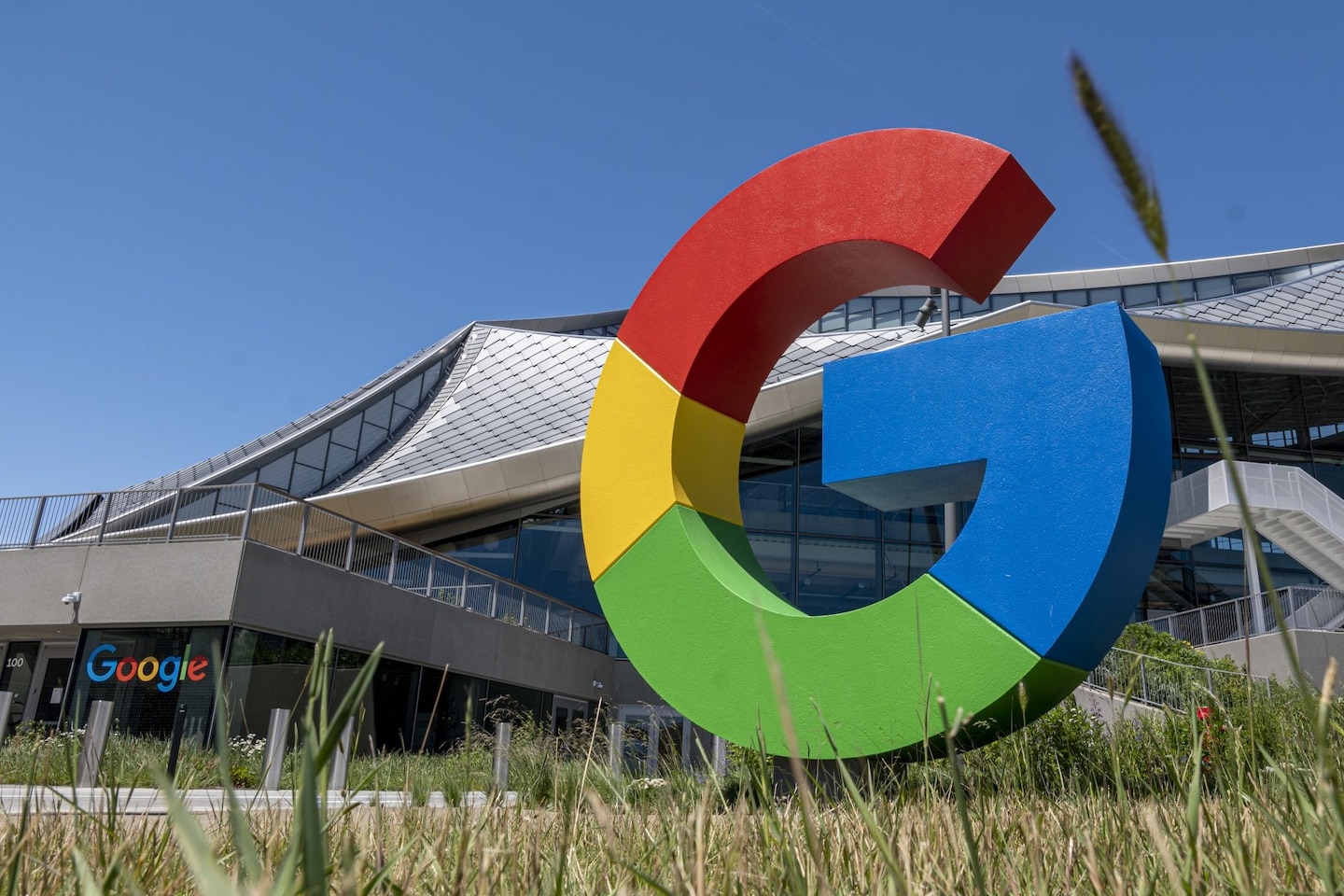Google released an audit Friday examining how its services and policies impact civil rights and racial equity, following years of pressure from advocates and Democratic lawmakers for such a review.
Google conducting civil rights audit, caving to years of pressure

The assessment, the existence of which had not been previously reported, has been months in the making and details how the company’s diversity and inclusion policies and approach to content moderation affect marginalized communities, including at its subsidiary YouTube. The move follows rivals such as Facebook and Airbnb, which conducted audits in 2020 and 2016, respectively, and Apple, which last year pledged to do a racial equity audit after facing pressure from its shareholders.
Google hired WilmerHale, a law firm that has represented a number of industry heavyweights, to carry out the assessment, two people familiar with the matter told The Post earlier Friday.
The company disclosed in an April filing it retained a member of the firm, Debo Adegbile, “to inform our work and program development” related to equity, but did not reveal plans for the review until it was released Friday. The firm’s hire was disclosed in a company statement opposing a shareholder proposal calling for it to undertake a “racial equity audit.”
Democratic lawmakers and civil rights leaders in 2021 called on Google to hire an independent auditor to vet its products and policies for potential racial biases and discriminatory practices, citing concerns that the company could be exacerbating inequities.
“We are concerned about repeated instances where Alphabet missed the mark and did not proactively ensure its products and workplaces were safe for Black people,” a group of Democratic lawmakers led by Sen. Cory Booker (D-N.J.) wrote to the company’s leadership in 2021.
Unlike previous audits of other tech giants like Facebook, which at times offered scathing rebukes of the companies’ conduct, Google’s review struck a more muted tone, highlighting ongoing initiatives to deal with harassment, discrimination and online hate speech while offering “opportunities for improvement.”
The report notes the tech giant has “made a series of investments related to civil rights,” including establishing top roles for executives focused on human rights and civil rights, forming an executive council devoted to those issues and incorporating “civil rights considerations into many aspects of its business.”
“The audit has identified significant strengths as well as opportunities for Google to further advance civil rights, equity, and inclusion,” the report said.
The report recommends Google institute mandatory training for managers on inclusive hiring and devote more time looking at data to understand why Indigenous, Black and Latino employees leave the company. Google could also collect more granular data on its workforce and hiring to better understand where it’s struggling to increase diversity, the report said. For example, Google lumps together many different groups of people under the label “Asian,” potentially obscuring important information about its own workforce, the audit said.
The audit also looked at Google and YouTube’s products, and reviewed its content moderation practices, ads policies and AI principles. The reviewers recommended that Google expand its rules on YouTube to ban intentionally misgendering people or calling trans people who have changed their names by their former names.
Google critics have long said the company does not have enough employees and content moderators who speak the languages of many of its users. Having people who speak languages is especially important in moderating hate speech and calls to violence in parts of the world where people are being actively attacked or discriminated against based on race.
The report recommended Google increase the speed and attention it gives to this issue. It also recommended Google get more native-language speakers involved when crafting election misinformation policies for various countries.
Google previously had declined to publicly commit to a review or audit, drawing blowback from lawmakers and civil rights groups, who questioned its commitment to protecting people of color who use its products.
“We are committed to constantly improving, and that includes efforts to strengthen our approaches to civil and human rights,” Chanelle Hardy, head of civil rights at Google, said in a statement Friday.
WilmerHale has advised at least two tech companies during their sales to Google, according to its website. It represented cloud computing company Orbitera during its 2016 sale to Google, and before that helped another cloud software firm, Stackdriver, when Google acquired it in 2014.
The law firm is currently representing Twitter in a case before the Supreme Court over whether social networks including YouTube can be held liable for terrorist content on their platforms.
WilmerHale did return a request for comment.
Civil rights advocates say independent audits are a crucial mechanism for holding companies accountable for the way their products adversely affect people of color within their user bases and workforces, and to ensure they are factoring questions about equity into their products.
While it’s unclear when Google first launched its review, the revelation arrives two years after Facebook made its own audit public and months after Apple committed to its own.
In 2020, auditors hired by Facebook to scrutinize its civil rights record found the company’s decisions to prioritize free speech above other considerations amounted to a “tremendous setback” in protecting users from abuse.
A 2021 report from tech site the Markup found Google blocked advertisers from using terms including “Black Lives Matter” to designate which YouTube videos to place their ads on, while allowing them to use the terms “all lives matter” and “White lives matter.”
Civil rights groups have also criticized the company for how its YouTube video-recommendation algorithms may encourage people to watch more racist and sexist content. And human rights groups have investigated how the company complies with censorship requests from authoritarian governments.
In 2020, Amnesty International accused Google along with Facebook of being too deferential to the Vietnamese government in taking down accounts and content posted by opposition figures.
correction
A previous version of this article misstated when Facebook and Airbnb conducted their audits. Facebook was 2020; Airbnb was 2016.


















